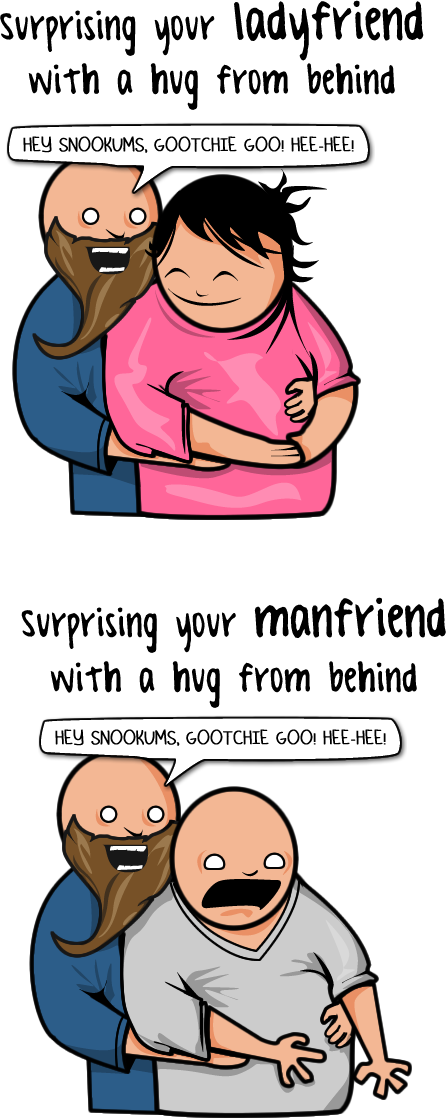There is a recently published article on Scientific American, “Are Men the Weaker Sex?” This article has been getting a good deal of attention in my Facebook feed. From the article:
Contrary to cultural assumptions that boys are stronger and sturdier, basic biological weaknesses are built into the male of our species. These frailties leave them more vulnerable than girls to life’s hazards, including environmental pollutants such as insecticides, lead and plasticizers (Source)
I agree with many of the things in this article, but I find it a little hard to read. It seems to be doing something similar to what Emily Martin identifies in “The Egg and the Sperm: How Science Created a Romance Based on Stereotypical Gender Roles.”
The article is full of normative comparisons of non-normative developmental events. For example, it says that the male foetal development is “more complicated” and that
In our species, the female is the default gender, the basic simpler model: Humans start out in the womb with female features (that’s why males have nipples).
Fair enough that ‘female’ is default, but does that necessarily imply “simpler?” Sure males have nipples as a result of vestigial similarities, but also (according to Elisabeth Lloyd) women have clitorises and orgasms as a developmental vestige of male reproductive function.
The article states:
The simpler female reproductive system has to turn into the more complex male reproductive tract, developing tissues such as the testis and prostate.
But is that empirically true that the male reproductive tract is “more complex”? Each seems to have their own unique complexities.
The whole thing kind of strikes me as a bit creepy. Can’t we acknowledge differences without trying to rank them as “more complex, “more advanced,” “simpler,” or “more basic?”
In fact, women and men evolve at the exact same rate. That is what sexual recombination is all about. One is not more simple or more basic and the other more complex or more advanced. This seems all kinds of distorted.
I am emphatically not saying that we should not look at particular vulnerabilities that men might face. I think we should. In addition, we should also look at particular vulnerabilities that women might face. I just don’t see why in doing so we have to rank these differences.






